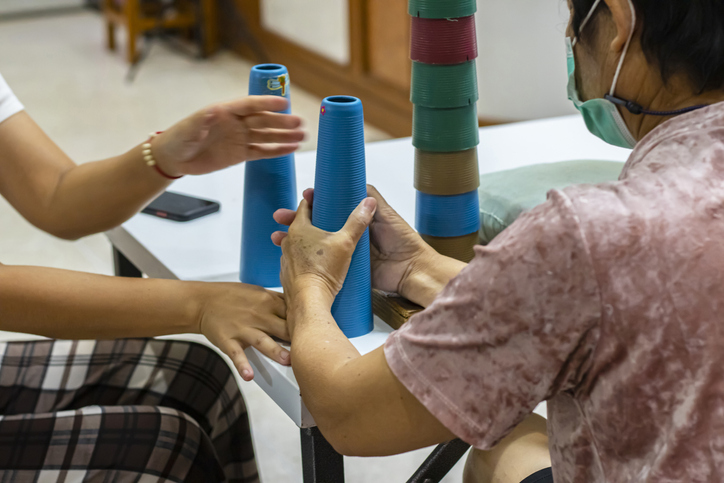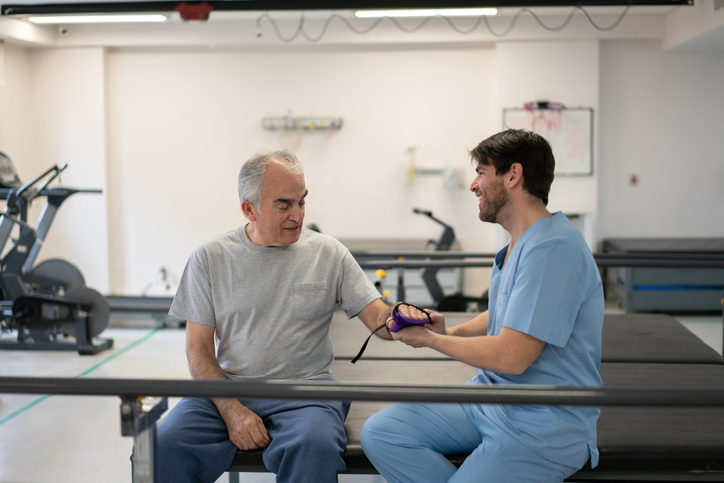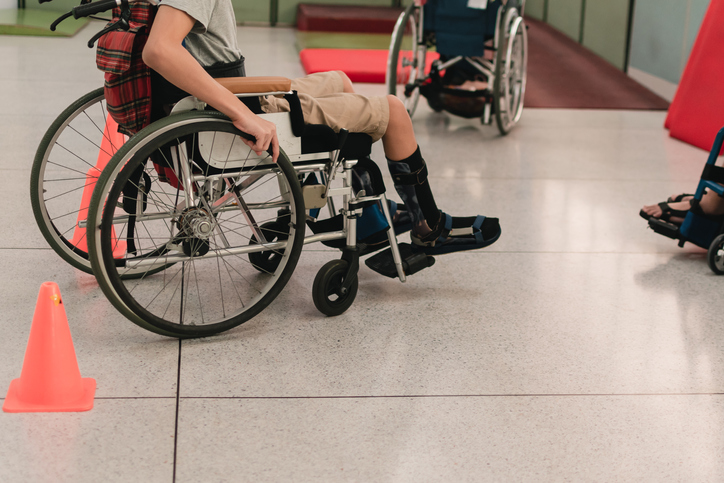Treatments
Occupational Therapist Specialties

What is an occupational therapist?
The role of an occupational therapist, or OT, is to help individuals maintain independence by teaching them ways to modify everyday tasks and activities that they can no longer do or have difficulty completing on their own. This could be due to certain conditions, such as autism, ADHD, sensory processing disorder, Alzheimer’s, arthritis, traumatic injury, stroke, etc. An OT can help individuals learn how to use assistive technology, learn different ways to complete tasks, suggest safety measures for the home, and train caregivers. Some OT’s help with cognitive aspects of daily life, such as helping with organization, routines, and problem-solving.
Occupational therapist specialties
An occupational therapist may receive additional training to become certified as a specialist in a certain area. These specialties include mobility, environmental modifications, nutrition, vision, and school systems.
Driving and community mobility
Occupational therapists who specialize in driving and community mobility can help individuals get from one place to another within their community. They may evaluate their clients based on their ability to drive and use public or private transportation. They can also help a person learn how to utilize transportation safely, acquire and properly use adaptive tools, or access programs within their community that can help with mobility.
Environmental modification
An occupational therapist can focus on a person’s ability to function in a certain environment. After assessing an individual’s functional capacity in an environment, they will recommend certain modifications to the environment that meet the person’s needs. They can also recommend certain behavioral strategies to make specific activities manageable.
Eating and meal preparation
Individuals who have difficulties with eating or preparing meals may benefit from seeking an occupational therapist specialized in this area. They are able to help with the modification of textures and mealtime environments, strategies and skills related to eating, and finding adaptive tools for use during food consumption and preparation. This may include adaptive equipment for the kitchen, such as cups with modified lids, non-slip cutting boards, large-handled knives, ergonomic cutlery, spring-loaded scissors, etc.
Low vision
Occupational therapists with a specialty in low vision are able to assist individuals with low or no vision to live independently. This involves teaching them to use their remaining vision effectively, modify activities so that they can be completed with reduced or no vision, train on adaptive technology, and modify the individual’s environment.
School systems
Occupational therapists specializing in school systems will address the physical, sensory, cognitive and psychosocial aspects of a child’s performance. They assist a child with aspects pertaining to academics, play, social participation, self-care, and work. The goal is to reduce the barriers that a child may have with participating in regular school activities.
Additional sources: American Occupational Therapy Association, MedicalCare.com, American Occupational Therapy Association, MedicalCare.com, American Occupational Therapy Association, MedicalCare.com, Christopher & Dana Reeve Foundation: YouTube, MedicalCare.com, and MedicalCare.com



















